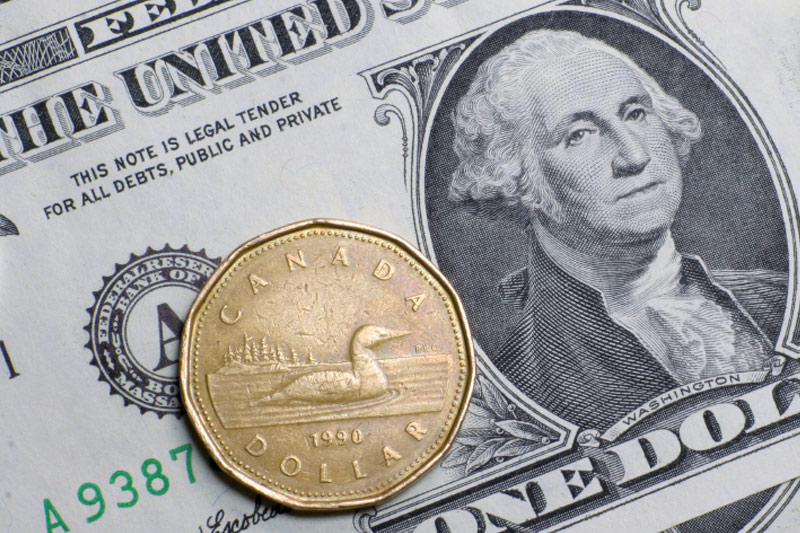Investing.com - The U.S. dollar fell against its Canadian counterpart on Thursday, as a rebound in oil prices lent support the commodity-related Canadian currency, while sentiment on the greenback remained fragile following the minutes of the Federal Reserve’s most recent policy meeting.
USD/CAD hit 1.2890 during early U.S. trade, the pair’s lowest since Tuesday; the pair subsequently consolidated at 1.2898, sliding 0.50%.
The pair was likely to find support at 1.2826, the low of July 4 and resistance at 1.3056, Wednesday’s high.
Oil prices moved back higher on Thursday amid speculation weekly supply data due later in the session will show U.S. crude inventories fell at a faster pace than expected last week.
In Canada, official data showed that building permits dropped 1.9% in May, compared to expectations for an increase of 2.0%. Building permits inched up 0.1% in April, whose figure was revised from a previously estimated 0.3% slip.
At the same time, the U.S. Department of Labor said the number of individuals filing for initial jobless benefits in the week ending July 2 decreased by 16,000 to 254,000 from the previous week’s revised total of 270,000. Analysts had expected jobless claims to rise by 2,000 to 270,000 last week.
The report came after U.S. Payroll processing firm ADP said non-farm private employment rose 172,000 last month, above forecasts for an increase of 159,000. The economy created 168,000 jobs in May, whose figure was upwardly revised from a previously reported increase of 173,000.
But the greenback’s gains were capped after the minutes of the Fed’s June policy meeting released on Wednesday showed that policymakers decided to keep interest rate hikes on hold as they assessed the Brexit impact.
Fed officials agreed that it was “prudent to wait” for additional data before considering another rate hike, according to minutes.
The loonie was higher against the euro, with EUR/CAD retreating 0.62% to 1.4300.
The minutes of the European Central Bank’s last policy meeting released on Thursday showed that the Brexit vote could have significant negative repercussions for euro zone growth.
Policy makers also reiterated that the bank was ready to boost its stimulus program again if inflation remained below the near-2% target.
